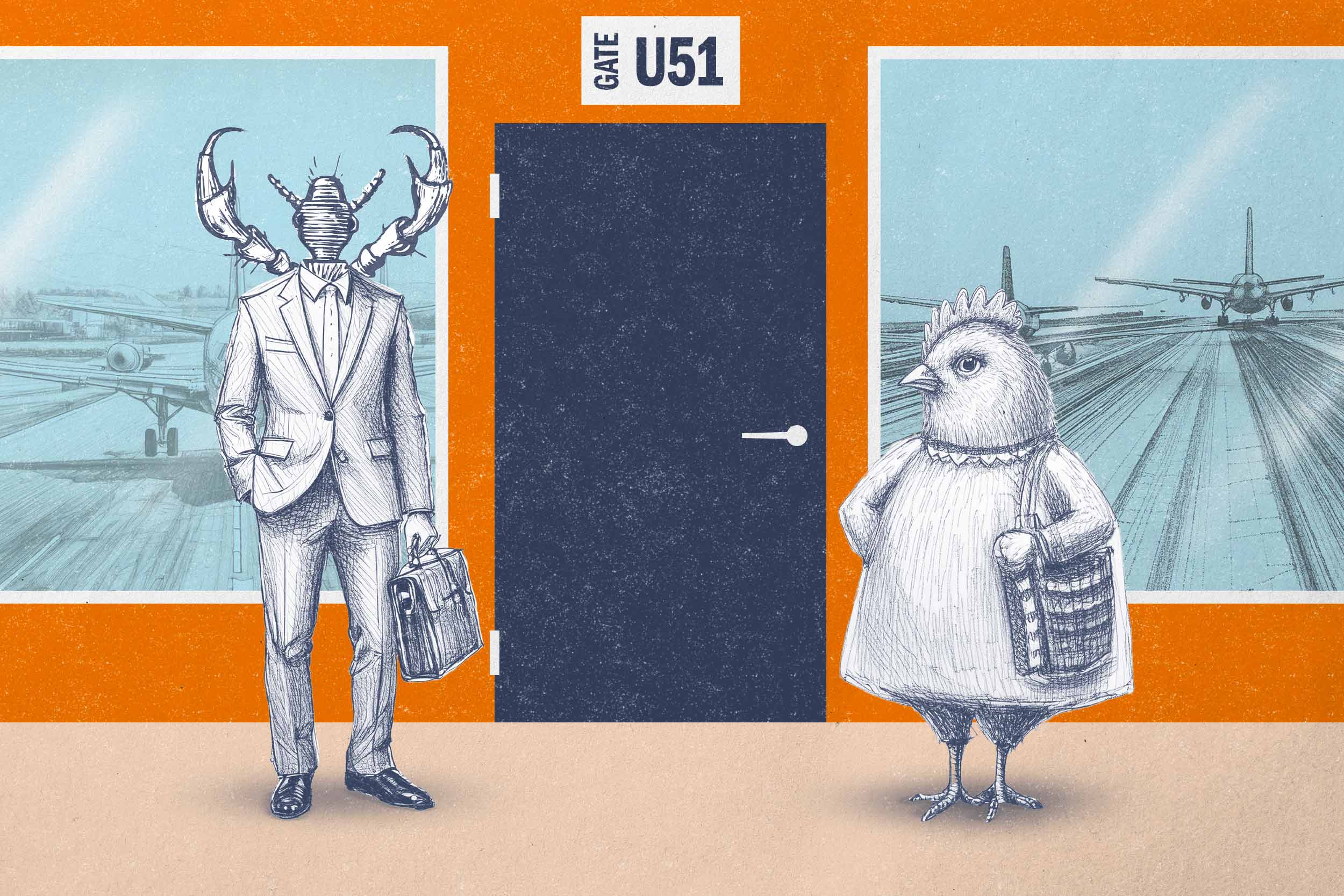World
‘Fan-focused’ laws green lit by World Rugby

World Rugby has announced three law changes in a bid to speed up the game and increase entertainment, it said on Thursday, along with a set of trials including 20-minute sanctions for red cards and a shot clock for scrums and lineouts.
The governing body made the amendments relating to offside from kicks in open play, the options available from a free-kick and the removal of “crocodile rolling’ a player.
These “fan-focused” law changes aim to promote ball in flow and diversity of attacking options, while supporting player welfare.
“I would like to thank my colleagues from across the game for embracing the spirit of this comprehensive review of rugby’s entertainment factor,” World Rugby Chairman Bill Beaumont said.
From kicks in open play, it will no longer be possible for a player to be put onside when an opposition player catches the ball and runs five metres, or passes the ball, which should reduce the amount of kick tennis in the game.
It will also no longer be possible to choose a scrum from a free-kick. Free-kicks must either be tapped or kicked to encourage more ball in flow.
That decision has already generated huge criticism across the rugby spectrum, with many on social media suggesting weaker scrummaging teams will simply opt to give away a free kick, rather than engage in a set-piece battle they know they are likely to lose.
However, it is expected that repeated free kick infringements would result in a penalty and potentially further punishment such as a yellow card.
The action of rolling/twisting/pulling of a player on their feet in the tackle area (the “crocodile roll”) will, meanwhile, be outlawed, sanctioned by a penalty.
The law changes come into effect from July 1.
World Rugby also announced a set of law trials including the ability to replace a red-carded player after 20 minutes, and the introduction of a shot clock for scrum and lineout setting.
The 20-minute red card has long been favoured in Australia and New Zealand, with the two national unions applying the law to their domestic Super Rugby competitions first during the COVID-19 pandemic, and then as part of a unified Super Rugby Pacific thereafter.
It has also been applied to the Rugby Championship in recent years.
Other trials will include a law saying the ball must be played after the maul has been stopped once, not the current twice, and for the ability to mark the ball inside the 22 from a restart.
They will also trial play on at a lineout if the ball is not thrown straight but only if the lineout is uncontested, and another law aimed at protecting the scrum half at the base of the scrum, ruck and maul.
The nine will not be able to be played while the ball is still near a tackle, ruck or maul, and the offside line at the scrum for the non-putting in scrum half will be the middle of the tunnel.
These closed law trials will be applied to the Pacific Nations Cup and the World Under 20 Championship and Trophy tournaments, while other competitions can opt into the closed trial through consultation with World Rugby.
A wider review of those trials will then be presented to the World Rugby board in November where a decision will be made as to whether they are applied globally.
“Personally, I believe that the law amendments and suite of closed trials will add to the entertainment factor,” Beaumont said. “As with all trials, we will comprehensively review their effectiveness and take feedback from across the game.”










